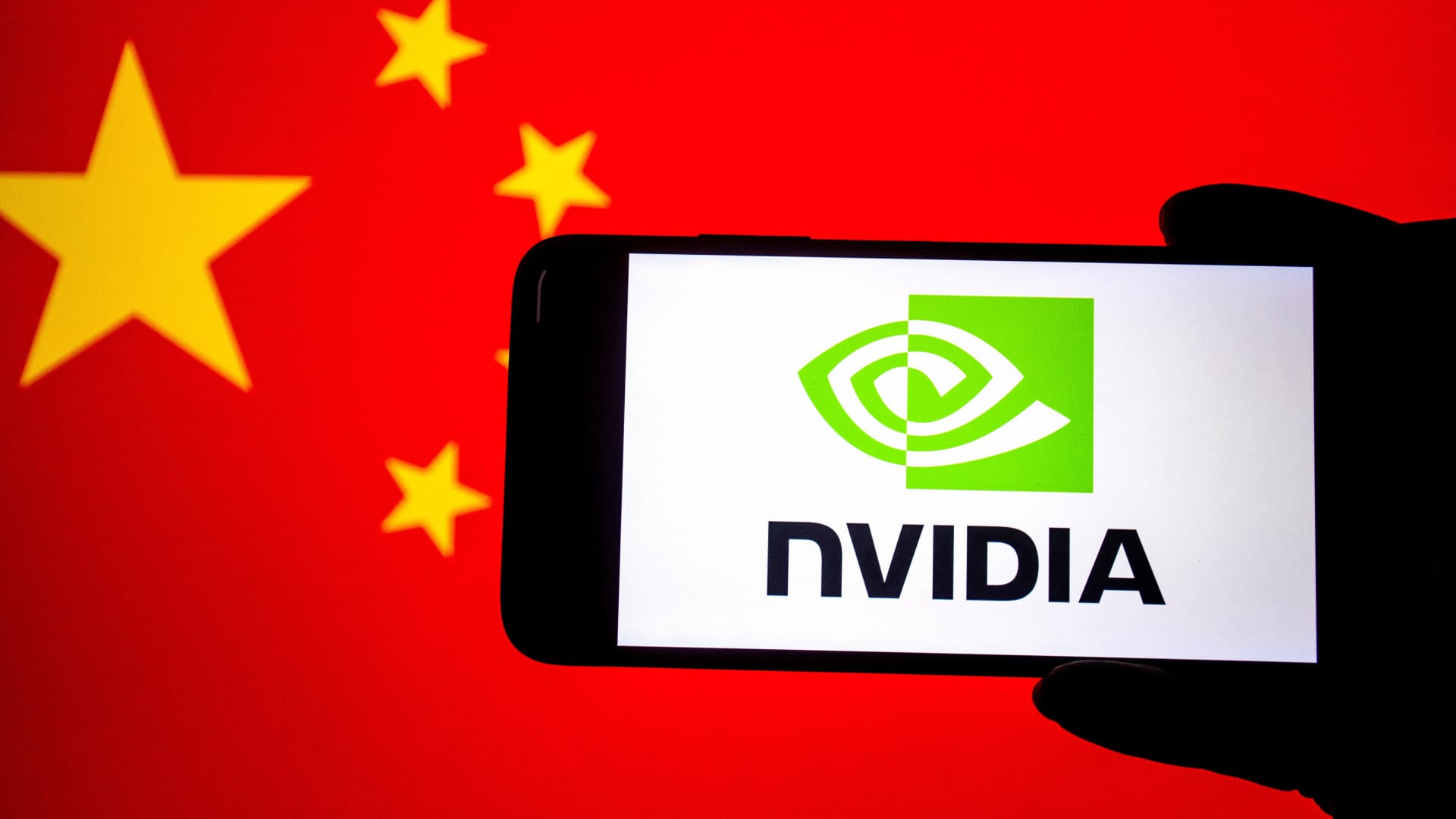Nvidia’s advanced H20 AI chips, designed specifically for the Chinese market, are now facing significant scrutiny from Beijing, raising complex national security concerns and posing new challenges for the global technology giant. This development comes as the company seeks to resume exports of these specialized graphics processing units, following earlier assurances from Washington regarding their compliance with export controls.
Central to Beijing’s apprehension are allegations from China’s Cyberspace Administration (CAC) regarding the H20 chips’ potential for “tracking and positioning” and “remote shutdown” technologies. These capabilities, reportedly identified by American AI experts, have prompted a formal request from the CAC for Nvidia to provide comprehensive clarification and supporting documentation addressing these critical security risks, including any potential vulnerabilities or backdoors within the chip architecture.
The intensive review by Chinese officials adds another layer of geopolitical complexity to Nvidia’s strategy, as CEO Jensen Huang endeavors to navigate the intricate balance between Washington’s evolving semiconductor policies and the immense appeal of the lucrative Chinese market. This delicate balancing act is crucial for Nvidia, given China’s status as a key consumer of high-performance computing hardware.
While the Biden administration had indicated a path for Nvidia to resume shipments of its made-for-China H20 GPUs, Beijing’s heightened scrutiny introduces an unpredictable element into the equation. The focus on potential national security implications underscores a growing trend of nations tightening oversight on advanced technologies, particularly those with dual-use capabilities in both commercial and military spheres.
The concerns voiced by Chinese authorities echo sentiment among several American lawmakers who have recently voiced apprehension over the reported relaxation of restrictions on Nvidia’s H20 chips. These legislators argue that allowing such advanced AI components into China could inadvertently accelerate Beijing’s indigenous artificial intelligence development and capabilities, potentially impacting geopolitical power dynamics.
For Nvidia, this renewed scrutiny from Beijing represents a significant headwind, occurring shortly after Jensen Huang’s high-profile visit to the Chinese capital, where he had publicly announced the expected resumption of H20 chip sales. This strategic visit aimed to reinforce Nvidia’s commitment to the Chinese market despite the challenging regulatory environment.
The company has previously experienced substantial financial repercussions due to export restrictions. In May, Nvidia reported taking a charge on unsold H20 inventory, and stated that sales in its preceding financial quarter would have been approximately $2.5 billion higher absent any export curbs. This financial impact highlights the critical importance of the Chinese market to Nvidia’s overall revenue and growth projections.
As the dialogue between Nvidia and Beijing progresses, the outcome will undoubtedly set precedents for other technology companies operating within this complex geopolitical landscape. The resolution of these security concerns will be pivotal not only for Nvidia’s access to a vital market but also for shaping the future of global technology trade and national security protocols surrounding advanced AI hardware.






Leave a Reply